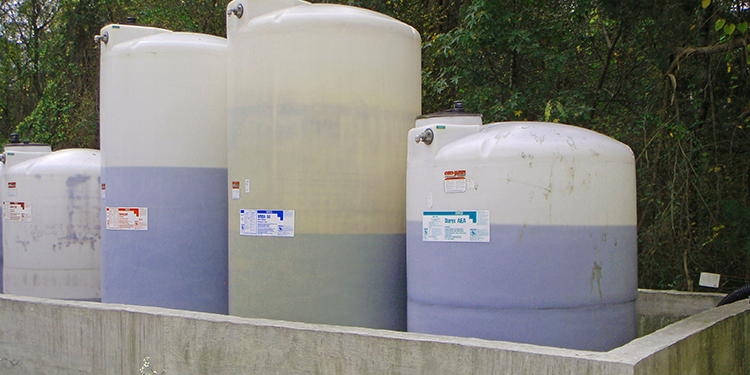Learn the reporting deadlines for both Community Right-to-Know Reporting and TRI Reporting.
We find there tends to be a lot of confusion surrounding the reporting deadlines for Tier II Reporting, also commonly referred to as Community Right to Know Reporting, and Toxic Release Inventory Reporting, aka TRI Reporting. People tend to mince the names of these two very different regulations, or even just refer to them as 'EPCRA Reporting', which is technically correct, but a confusing way to look at them.
If you're unsure about these two regulations, check out this article: Is Tier II Community Right-to-Know Reporting the same as TRI Reporting? That should hopefully get you squared away with the subject, but in short the answer is no, they're not the same.
You have to be sure about the different reporting requirements, since they're different programs, concerning different materials, and mixing these two things up canbe a big problem. Failing to report correctly, and on time, can lead to severe enforcement penalties, including hefty fines.

Tier II Community Right-to-Know Reporting Deadlines vs TRI Reporting Deadlines
This is easy as pie.
Tier II Reporting, dealing with hazardous materials present at any one point in time in excess of 10,000 pounds (for most chemicals, some have lower thresholds) has a deadline of March 1st of each year.
TRI Reporting, dealing with toxic chemicals present throughout the year in quantities greater than 25,000 pounds, has a deadline of July 1st of each year.
Got it?
Tier II Reporting is due March 1st every year for the previous calendar year.
TRI Reporting is due July 1st every year for the previous calendar year.
Quick Details TRI Reporting vs Tier II Community Right-to-Know Reporting
Ok, so let's cover some basic reasons why they're different:
Different Materials to Report
Tier II covers hazardous materials and substances as identified on Safety Data Sheets in excess of reporting thresholds stored at your facility at any one point in time.
TRI is for toxic chemicals (from a specific USEPA listing) manufactured, processed, or otherwise used during the course of a calendar year in excess of reporting thresholds. Tier II is materials and substances stored, TRI is chemicals used.
Different Thresholds to Report
For Tier II, the threshold is typically 10,000 pounds stored at any point in time during the year.
For TRI it’s normally 25,000 pounds manufactured, processed, or otherwise used throughout the course of the year.
Some chemicals have significantly lower thresholds when it comes to both TRI and Tier II – make sure to double check!
Different Reports, Different Agencies
Since Tier II and TRI are not the same reports, that means that they also don't use the same forms, and don't go to the same regulatory agencies.
Tier II CRTK Reporting goes to state & local agencies.
TRI Reporting goes to the USEPA.
It’s vital to know the differences between these two mandatory hazardous materials reporting programs, even though it can seem a bit confusing. If you still have questions, leave a comment below, give us a call at 609-693-8301, or click here or contact us – we want to make sure you know the difference between Tier II and TRI!

